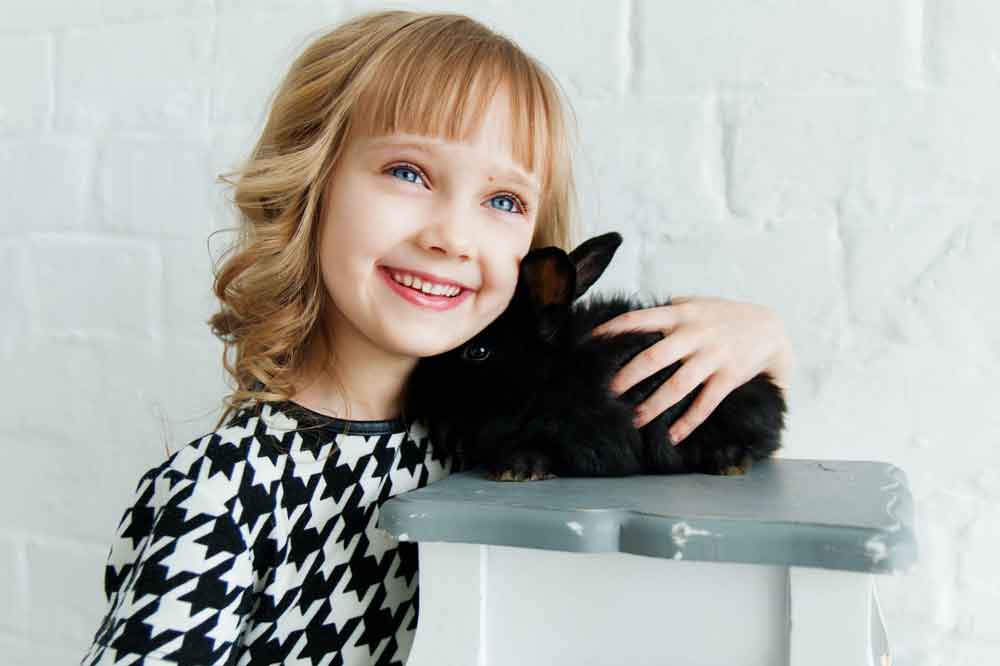In American households, pets enjoy a special privilege. According to Harris Poll, conducted in 2015, an astonishing 95% of interviewed compared their pets to their family members. All their food, sleeping space, and potential recreation are maintained as if they were real members of the family. A lot of people even buy their pets birthday presents.
Benefits of Owning a Pet
These perks and benefits are well-received by pets. Studies show that people who have pets owners tend to have
- Lower blood pressure,
- Stable heart rate, and
- Higher life satisfaction, compared to people who don’t own any pets.
Some of these health benefits are directly related to caring for a pet, such as the need to walk or play with the pet, which encourages individuals to be more physically active.
Additionally, pets provided an often needed companionship, which is often lacking in our society today. Indirectly, pets improving our lives by providing us with an additional friend or a family member.
Lack of companionship is also visible in peoples utterly human desire to touch and be touched. This is why hugging, petting, or playing with a pet is often associated with increases levels of happiness, health, and increased wellbeing, proving once again that “happiness is pets”.
Animals can be helpful to people suffering from challenging mental disorders. Healthcare centers are opening their doors for animals to assist in the treatment of patients suffering from some sort of nervous breakdown.
Pet therapy is now supplementing traditional medication. “It used to be one of the great no-no’s to have an animal in a hospital,” says Alan Beck, the director of the human-animal bond at Purdue University “and now more and more animals are becoming part of the staff”.
Animals of different types can help calm fear, anxiety, stress, and depression in children, the elderly, and all the others in between. Published studies show that different animals have a significantly different role in treatment and medicine for mental health, such as:

Rabbits & Tortoise
A group of stressed adults was told to pet a rabbit or a tortoise. Toy forms of these animals were also given to some of them for this experiment. Tapping toys made no difference. But stroking gently a living animal showed to relieve anxiety whether furry like rabbit or hard-shelled like a tortoise. Petting had positive results regardless of whether a patient liked or disliked a specific animal.
Crickets
A group of elderly people was given five crickets to take care of. This group showed less depression compared to another group who was deprived of pets. This experiment showed that we don’t even need a big animal. Caring for a living creature seems to do the trick.
This research was published in the ‘Gerontology’ journal in 2016.

Horses
Horses are, along with dogs, one of the most studied animals in animal therapy. They have been a part of medical treatment since the last quarter of the 19th century. Grooming a horse or taming it reduces the symptoms of PTSD in children as well as in adolescents.
Fish
A group of people with Alzheimer’s disease was set to dine in front of aquariums that contained brightly colored fish. They ate more, got better nutrition in this way, and exhibited less restless pacing. Animals capture the attention of the people and this helped this group to be more attentive and less lethargic.

Dogs
Studies find that children who struggle with reading will read better if they read next to a trained dog. This also reduces their anxiety symptoms and they will develop better social skills. All-in-all, dogs provide a significant improvement in people’s mental health, significantly improving their attitude.
Guinea Pig
Maggie O’Haire from Purdue University proposed that animals help kids socialize if they find it difficult or stressful to do so with other people. In her study, she put a guinea pig in a classroom of kids who were suffering from autism. The kids became more social with their class; they passed frequent smiles and laughed merrily, and exhibited fewer signs of stress.
Although all the research shows positive results, still more search is needed to understand how it works and how much human-animal interaction is required for best results.
Overall, we can’t stress enough that happiness is pets and that you are recommended to get one ASAP!















1 thought on “Happiness is Pets: Get One ASAP! Science Says”
Pingback: 5 Happiness Chemicals: Blend of Biological Well-Being